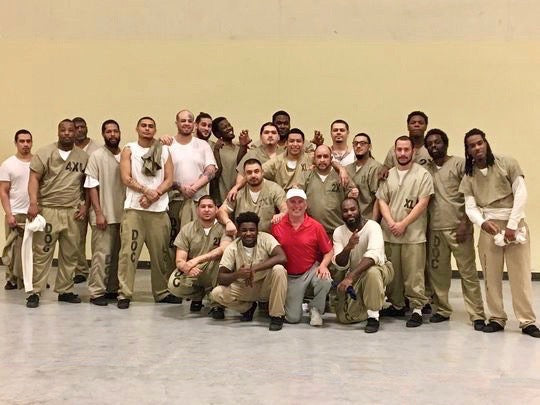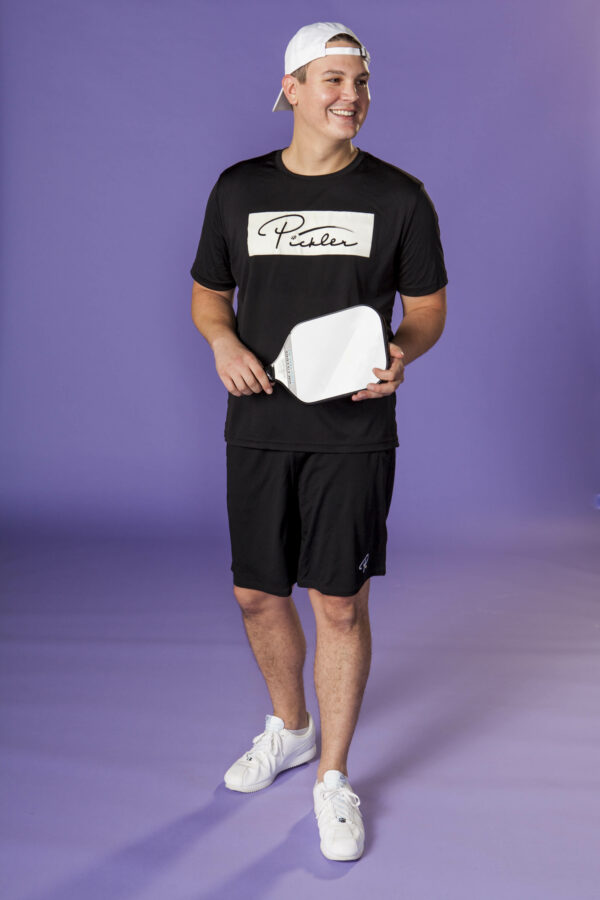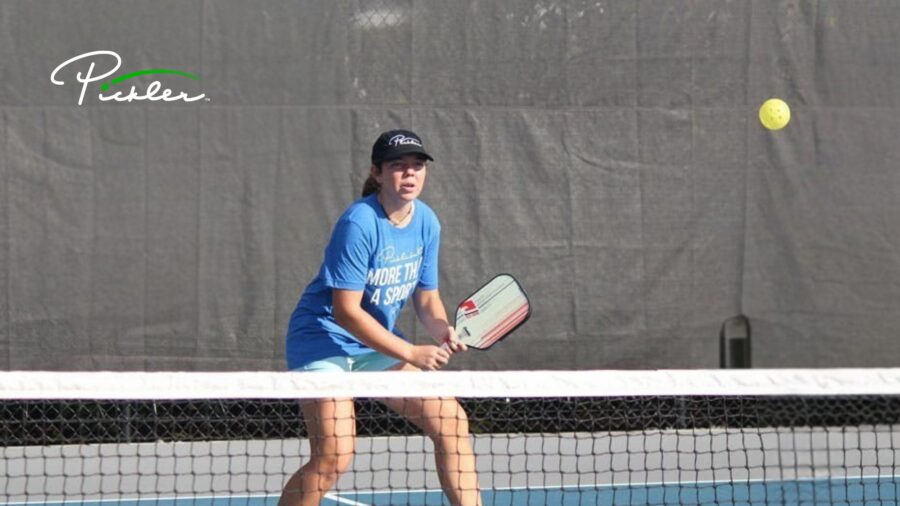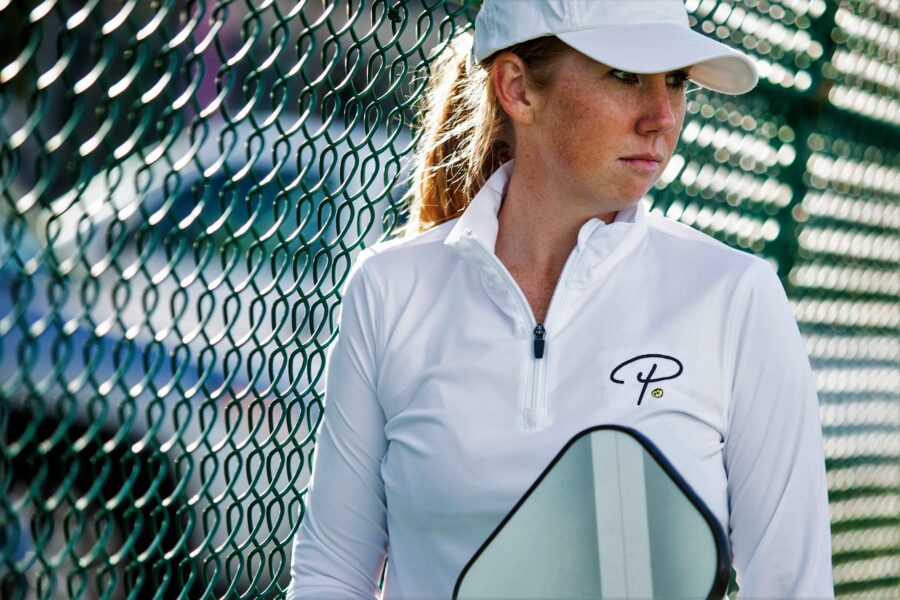Roger BelAir remembers the night that turned his life in a surprising direction.
He was watching the CBS News program 60 Minutes, which was airing a piece on the Cook County Jail in Chicago.
BelAir, who was 65 at the time, hadn’t given much thought to criminal justice issues, and had never been in jail himself. But he found himself imagining being behind bars, now – not as an inmate, but as somebody introducing the game of pickleball to those locked up.
“I didn’t know if it would work,” said BelAir, a banker who grew up in Edmonds, Washington, and now lives in Rancho Mirage, California.
“But I’m addicted to this darsh-darn game, and I said to myself, ‘These guys are just sitting around. They should be getting off their butts, playing pickleball and learning life lessons.’”
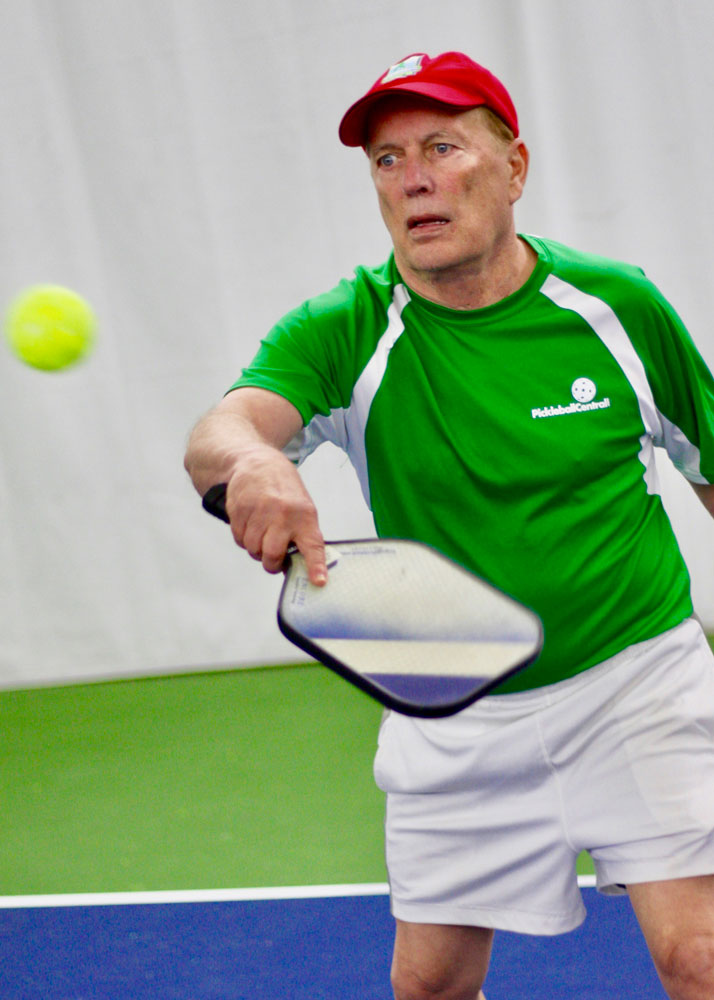
So, BelAir decided to write Cook County Sheriff Tom Dart a letter, offering up his free services to introduce pickleball to those locked up in the third biggest jail in the United States.
“My wife told me not to expect an answer,” he said.
But Dart did answer. The sheriff had no idea what pickleball was, BelAir said, but his 8-year-old daughter did, and over the dinner table, the girl explained pickleball to her sheriff father.
And that was the beginning of a new calling for BelAir, who for the past decade has been traveling around the country, teaching jail and prison inmates how to play pickleball.
On that first journey to Chicago, BelAir thought he had made a mistake. He traveled halfway across the country, and began by lecturing a bunch of skeptical inmates about the history and background of a silly sounding game they knew nothing about.
“It wasn’t working,” BelAir said, “so I cut off my speech and said, ‘Let’s head out to the courts.’ And once we got there, it took them five minutes to change their attitudes.”
“They went from these big guys with their arms crossed and not listening to me to a bunch of 12-year-old kids on a playground,” BelAir said.
That’s when BelAir knew he was on to something.
“There’s an awful lot of living for the moment in pickleball,” BelAir said. “We all have problems, but when we go out on the court, all we think about is hitting the ball over the net.”
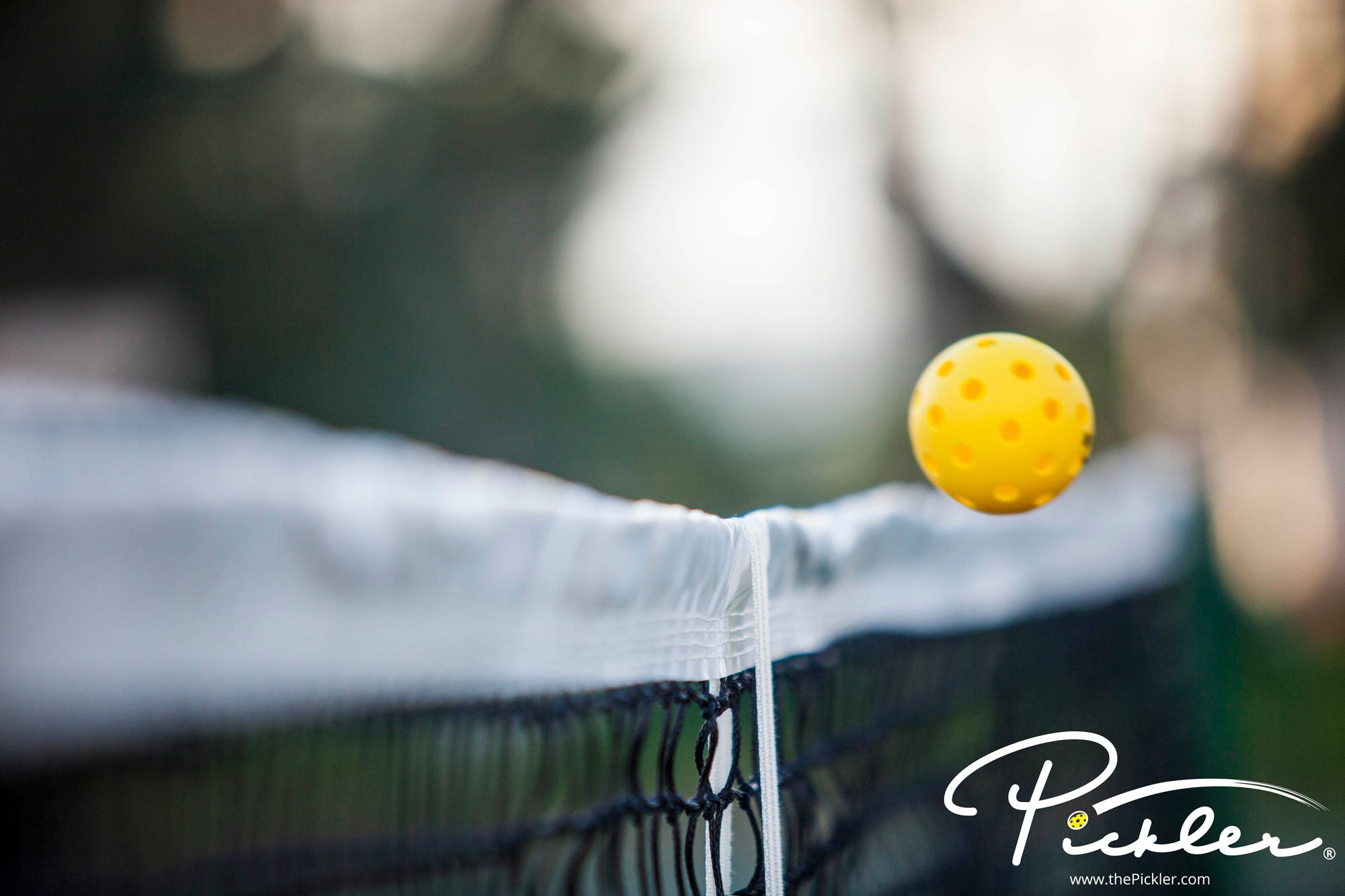
And pickleball seemed far better suited to prison life than basketball, the primary sport behind bars, despite it being more prone to violence and injury, and harder for everyone to enjoy.
“Basketball is dominated by the young, the strong and the tall,” BelAir said. “But with pickleball, you can be 65 and play against a 25-year-old and wipe him off the court.”
BelAir used the game to force inmates who normally wouldn’t associate with each other to be doubles partners.
“I’d just say, OK, you four. You’re next,” he said. “No other sport has such social interaction.”
He was mixing rival gang members and teaching rule breakers that it could be fun to follow the rules..
“In prison, there are gang leaders that make the rules for everybody,” BelAir said. “They’re called ‘shot callers.’ And sometimes a shot caller would decide to change the rules of pickleball, and I wouldn’t let him.”
“I’d say, ‘No, if you’re going to play this game, we’re going to have to play by the rules.”
He has heard stories of inmates who avoided getting into fights because they knew it would suspend their pickleball privileges. And as word of his success spread, he found that more prison administrators were open to his services.
He has introduced pickleball to prisons and jails in several states, including New York City’s infamous Rikers Island, which has 10 separate lockups, and a daily population of about 10,000 inmates.
“I trained 25 staff members and 100 inmates at Rikers Island, and the superintendent ordered pickleball equipment in all 10 sites there,” BelAir said.
BelAir was scheduled to introduce pickleball to California’s San Quentin State Prison last year until the COVID-19 pandemic shut down access to prisons across the country.
“The whole system is institutionalized,” BelAir said. “They don’t like somebody from the outside looking in. But once I get in, and they see how well pickleball works, they’re happy to have me.”

